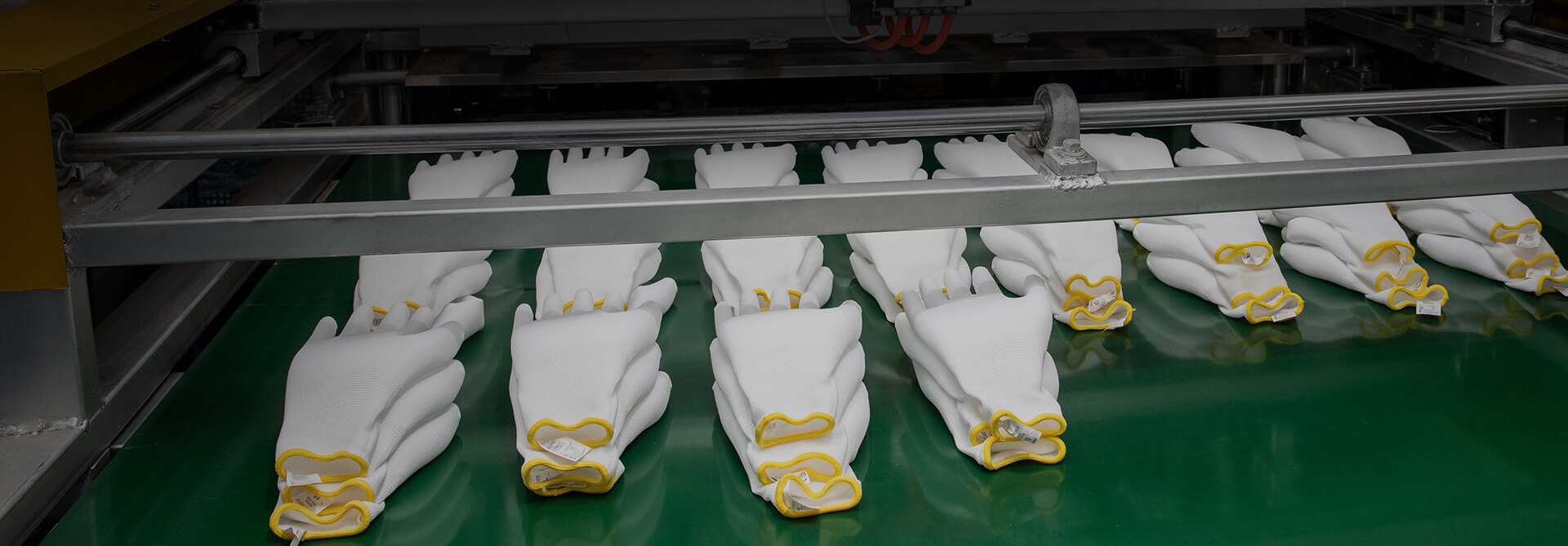Cut resistant safety gloves are generally divided into two types, one is used for industrial production protection. Commonly used in food engineering, biological engineering, electronics industry, mechanical protection, glass industry, etc. The other is police-type protective gloves. Used in disaster relief, fire rescue and so on.
Qualified cut-resistant gloves need to comply with the British EU BS EN 388 standard, covering the four mechanical risks of abrasion resistance, cut resistance, tear-resistance and stab resistance. Different industries have different protection points, and the choice of cut-resistant gloves is also different.
Kevlar is an aromatic polyamide product, the fiber color is yellow. It is 5 times stronger than steel of the same weight but light and flexible. It is flame-proof and will not melt at high temperatures, so it is more suitable for high-temperature workers in metal smelting, industrial electric welding, etc.
Dyneema is tough and lightweight, has a good fit, good wear resistance, low friction coefficient, and its strength is more than ten times that of steel wires with the same cross-section. It is mostly used for workers in high-strength industries such as metal processing and body assembly.
Steel wire and polyester fiber woven gloves have the highest cutting resistance and are suitable for manpower operation. In addition to being used in the food processing industry, they are also used to prevent animal bites.
When choosing cut-resistant gloves, you must be aware of the restrictions on the use of gloves, read the instructions carefully or consult the sales staff, and choose gloves suitable for your own industry.
Cut-resistant gloves are only suitable for manually operated knives. During use, they often come into contact with sharp tools and holes may appear. Once the holes exceed 1 square centimeter, they need to be repaired or replaced immediately to avoid threatening the safety of users. Steel wire cut-resistant gloves are not suitable for cleaners to repair thorny flowers, because the thorns may pass through the dense steel wire holes and stab their hands. When choosing cut-resistant gloves in the food processing industry, you must confirm whether there are food-grade certification marks, etc.
Ningbo GG Safety Products Co., Ltd. produces high-quality safety gloves such as A7 cut resistant gloves and is committed to ensuring the safety of users' work and providing protection for users. If you want to know more about safety gloves, please continue to pay attention to us.



